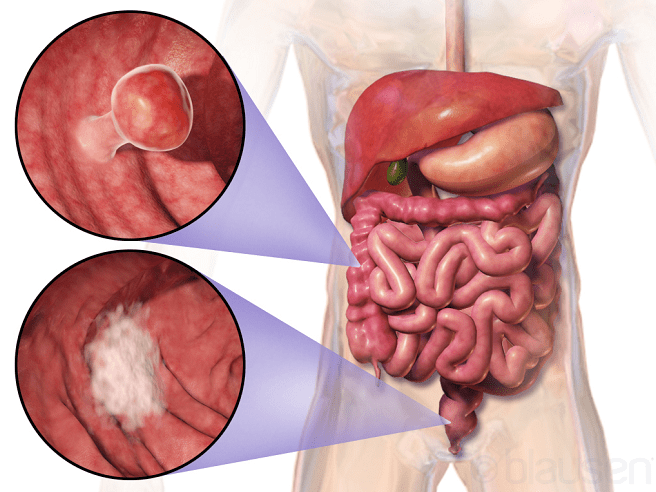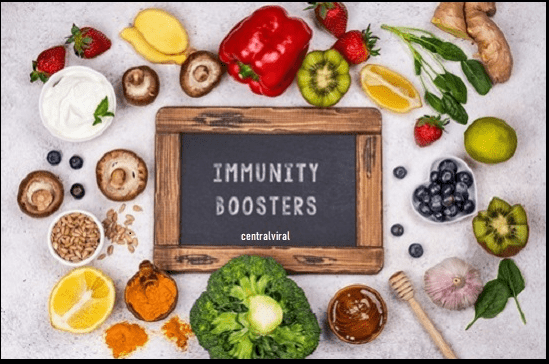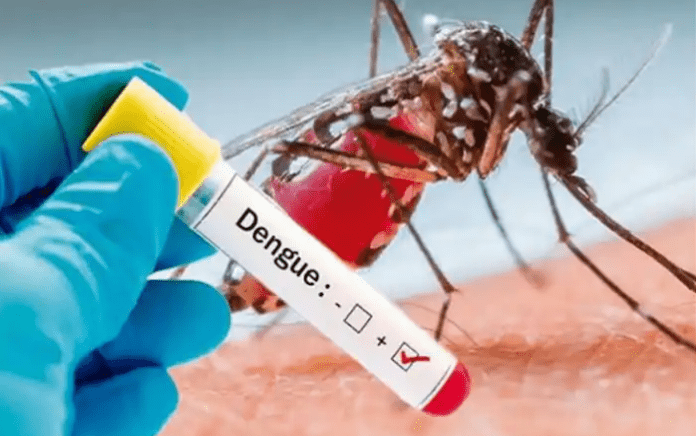Usually, men and black men are affected by this disease. At the age of 50 the risk of developing colon cancer increases. However, nowadays the risk of colon cancer to young people is also increasing alarmingly.

The Reason for This:
Environmental and genetic factors increase the risk of colon and colon cancer by 5%. Eating habits play an important role here. Excessive consumption of beef or goat meat, absence of fibrous foods in the diet, smoking, and drinking increases the chances of getting colon cancer.
Fat peoples are more likely to get the disease. Exercise on the other hand (especially in men) reduces the chances of getting this disease. A family history of colon and colon cancer increases the risk of the disease.
Especially if the mother, father, brother, or sister has a history of colon and colon cancer, the risk doubles. In addition, patients with inflammatory bowel disease are more likely to develop the disease.
Also Read – Black Panther Star Chadwick Boseman Dies of Colon Cancer At 43
Symptoms:
Initially, colon cancer is extremely difficult to diagnose. Because at the first stage there are no symptoms of colon cancer. Symptoms vary depending on where the cancer is in the colon or rectum.
Many patients going to the doctor, when they have blood or abdominal-pain with bowel movements.
Changes in toilet habits (sometimes diarrhea, sometimes tanning), anemia (weakness, shortness of breath), are the initial symptoms of the disease.
If the condition is severe – patients come to the doctor with symptoms of excess weight loss, abdominal cramps, abdominal water, cough with blood.
Unfortunately, doctors find patients with the disease in an overly advanced state, most of whom have been previously under-treated.
Diagnosis:
The main components are colonoscopy and biopsy. After the diagnosis of cancer through biopsy, the stage of cancer is diagnosed through various tests like CT scan, the amount of antigen (CEA) in the blood, etc.
The diagnosis of this step is very important in treatment. Treatment outcomes for stage I & II cancers are satisfactory, whereas treatment for stage III & IV cancers is not promising.
Once cancer has spread beyond the colon (lymph nodes, liver, lungs, etc.) it is considered a progressive step.
However, the hope is that the post-treatment results for colon cancer are much better than other cancers. Even patients with advanced-stage cancer can live a satisfactory life for a long time if they get proper treatment.
Treatment:
In one-word Colon cancer treatment is operation. Chemotherapy is given before or after the operation. The use of radiotherapy during surgery is still under study.
The term multidisciplinary approach to the treatment of any cancer is one of the most popular treatments in the world, that is, the combined efforts of surgeons, cancer specialists, psychotherapists, pathologists, cancer care nurses are needed to win the war against cancer.
Awareness And Prevention:
One thing to keep in mind is that although cancer is a difficult disease, it has a suitable treatment. Patient awareness is most important in this case.
Also, eat healthy foods, don’t eat junk foods, stay active, increase immunity.
Medical expenses are very low in government hospitals. Patients are requested to consult a minimum MBBS physician without consulting any person about any disease.
Your awareness will help diagnose the disease at an early stage.
And if caught early, even difficult diseases like cancer can be completely eradicated. So, spread awareness, stay healthy.






